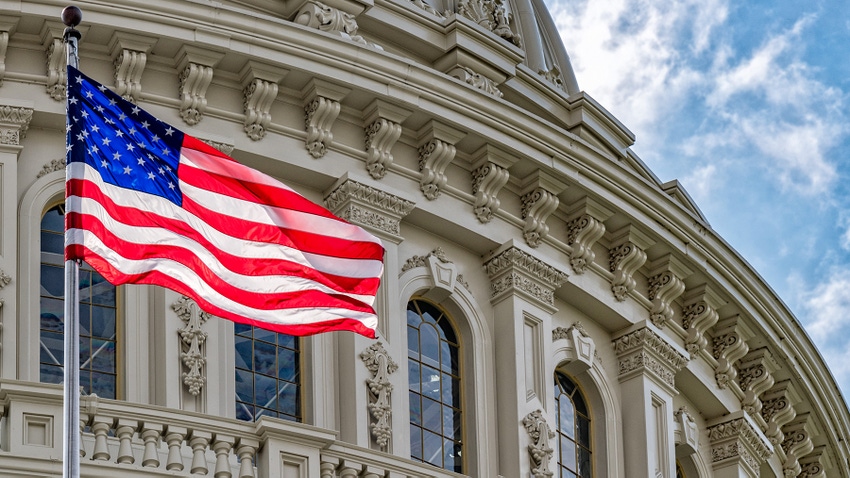September 25, 2023

At a Glance
- Government shutdown looms Sept. 30
- Shutdown would hamper data collection of key stats
- SNAP, Crop insurance protected
A government shutdown could remove price and revenue safety nets for farmers and mean higher food prices for consumers, said Ryan Loy, extension economist for the University of Arkansas System Division of Agriculture.
Funding for the federal government runs out Sept. 30 unless Congress passes a continuing resolution or finds some other means to keep funds flowing. If the government shuts down, so too would progress toward the next Farm Bill. The Farm Bill has provisions with two sets of expiration dates: Sept. 30, and Dec. 31.
“When a government shutdown happens, non-essential activity just goes out the window,” Loy said. “If there’s a shutdown, then that includes the Farm Service Agency, Natural Resource Conservation Service and the Rural Development Centers.
“If you’re a farmer trying to sign up for programs, those agencies are not going to hold sign-ups,” he said.
Another effect is that two key agencies, Bureau of Labor Statistics and the National Agricultural Statistics Service, will also be closed and won’t be collecting statistics. That spells trouble in several ways. Without updated information from the BLS, the Federal Reserve can’t take informed action.
If NASS isn’t “going to do acreage reporting, that means they’re not going to give you payments, because nobody's going to be there to work,” Loy said. The shutdown would halt funding for Agriculture Risk and Price Loss Coverage programs, known as ARC and PLC. These programs provide protection to farmers in the event of substantial revenue or commodity price drops. No funding means no payments to farmers.
SNAP, Crop insurance protected
If the government shuts down, participants in the Supplemental Nutrition Assistance Program, or SNAP, and those who have crop insurance, won’t be affected. SNAP includes WIC, the Women, Infants and Children program.
“SNAP was authorized under the 2008 Food and Nutrition Act so lack of a Farm Bill won’t affect it,” Loy said, “Crop insurance was subsidized through the Federal Crop Insurance Act, so the crop insurance folks are going to be OK.”
Back to 1938 and 1949
Should the Farm Bill not go forward, farm commodity programs would lapse back to what’s referred to as “permanent law,” comprised of provisions from the 1938 and 1949 farm bills that never expire. Farm Bills passed since then have language that suspends the outdated provisions.
According to the Congressional Research Service, “permanent law would support dairy, wheat, rice, cotton, and corn but would not support soybeans, peanuts, and sugar, among other commodities. If the permanent law suspension were to expire, the U.S. Department of Agriculture would be required to implement permanent law, which is likely more expensive to the government and consumers than the current farm bill.”
“The big commodities that it will affect are cotton, milk and wheat,” Loy said, “So food prices will skyrocket in stores.”
Source: University of Arkansas System Division of Agriculture
About the Author(s)
You May Also Like






